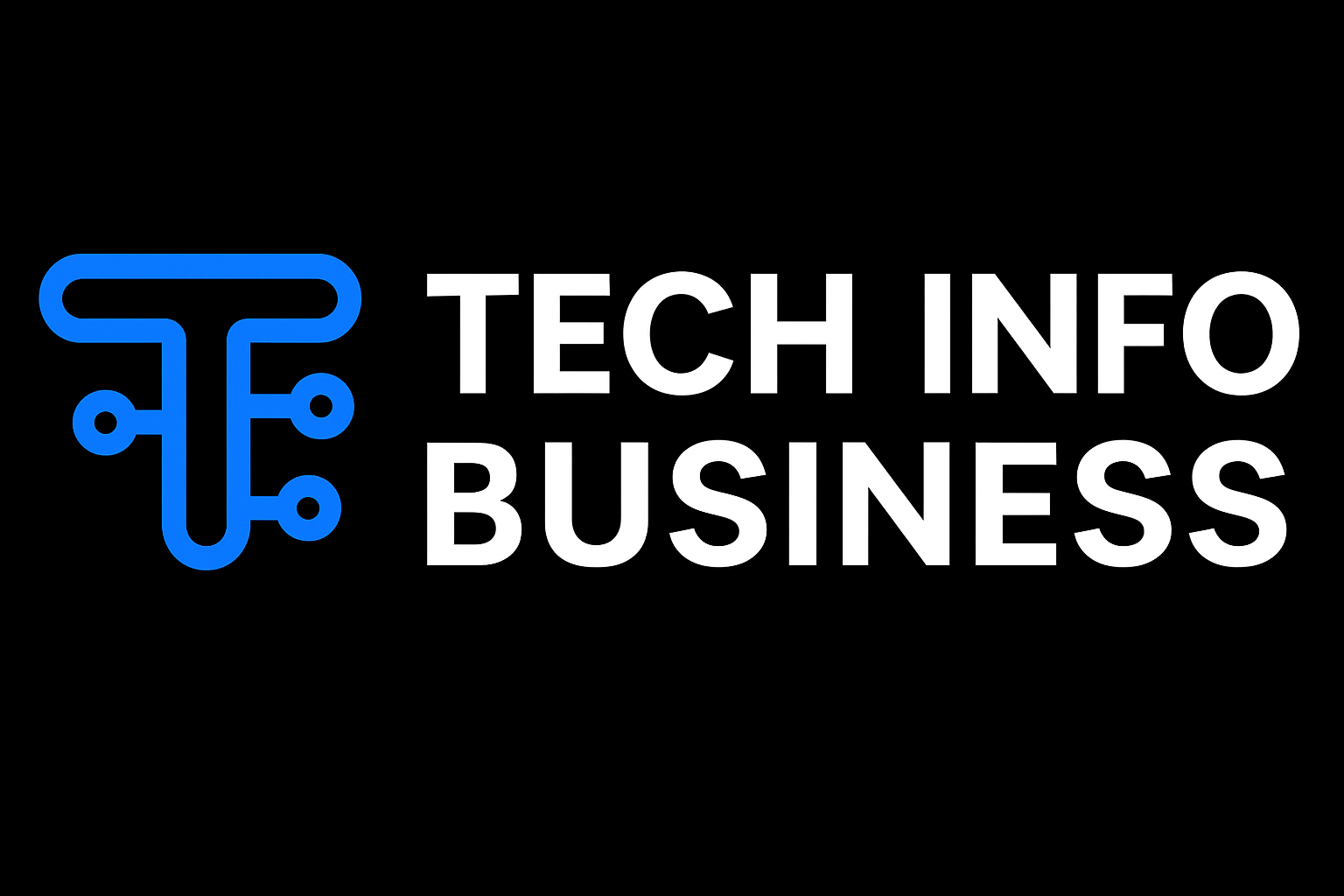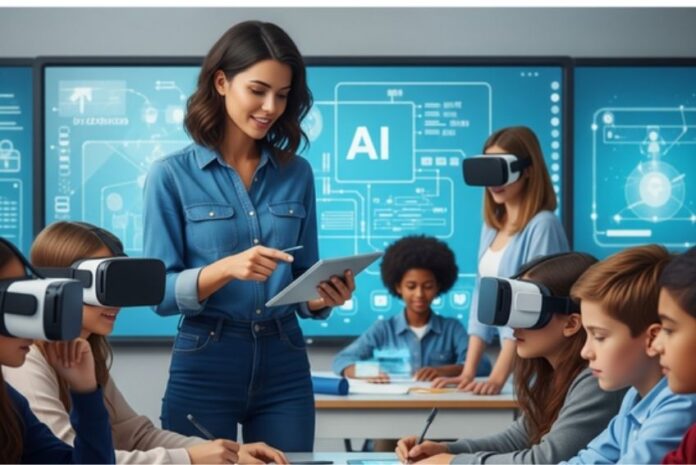Artificial Intelligence (AI) is Changing Digital Marketing Strategies, no longer just a futuristic concept—it has become one of the most transformative forces in modern business. Nowhere is this transformation more apparent than in digital marketing. From automation and personalization to predictive analytics and content creation, AI is redefining how marketers connect with audiences and optimize campaigns.
Today’s marketing landscape demands both human creativity and machine precision. Marketers must blend psychology, data science, and technology to reach increasingly discerning consumers. AI provides the missing link that connects these elements, allowing brands to understand customers more deeply and respond to their needs faster than ever before.
This article examines how AI is transforming digital marketing strategies, the opportunities it presents, the challenges it introduces, and how marketers can adapt to succeed in this evolving era.
The Shift from Traditional to AI-Driven Marketing
In the early 2000s, digital marketing primarily revolved around email campaigns, banner ads, and keyword-based SEO. Marketers relied heavily on intuition and manual data analysis to guide decisions. Today, AI technologies—such as machine learning, natural language processing, and predictive analytics—have turned marketing into a data-driven science.
Rather than making decisions based on guesswork, marketers can now use AI to identify trends, predict outcomes, and automate entire processes. The result is a smarter, faster, and more efficient marketing ecosystem.
AI has shifted marketing from being reactive to proactive. Instead of waiting for customers to engage, marketers can now anticipate behavior and personalize experiences in real time. This shift marks a fundamental change in how digital marketing strategies are conceived and executed.
1. Personalization at Scale
One of the biggest impacts of AI in digital marketing is the ability to deliver personalization at scale. Traditional marketing segmented audiences into broad categories like age or gender. AI, however, can analyze millions of data points—such as browsing history, purchase patterns, and social media interactions—to build highly detailed customer profiles.
With this data, AI systems can craft unique experiences for each user. From customized product recommendations on e-commerce platforms to personalized email subject lines and targeted ads, AI helps brands connect with customers on a one-to-one level.
This shift from mass marketing to hyper-personalized engagement significantly boosts conversion rates and customer satisfaction. It also enhances loyalty because customers feel seen and understood by the brand.
2. Automation and Efficiency
Automation has long been a goal in marketing, but AI has taken it to new heights. Repetitive tasks like scheduling posts, managing email workflows, or optimizing ad bids can now be fully automated through AI-driven platforms.
These systems continuously learn and adapt, ensuring campaigns perform at their peak without constant human supervision. For example, AI can automatically adjust social media posting times based on when audiences are most active or optimize ad spending across multiple platforms to achieve the best return on investment (ROI).
By removing the burden of routine work, AI allows marketers to focus on strategic planning and creative innovation—areas where human insight still excels.
3. Smarter Targeting and Lead Generation
AI-driven targeting has revolutionized how businesses identify and nurture leads. Instead of casting a wide net and hoping for results, AI systems analyze patterns of consumer behavior to pinpoint the most promising prospects.
Through machine learning, algorithms can predict which leads are most likely to convert and what type of messaging will resonate with them. This level of precision not only saves time and resources but also ensures marketing budgets are used more effectively.
Lead scoring—assigning values to potential customers based on their likelihood to buy—has become more accurate than ever thanks to AI. The result is more qualified leads entering the sales funnel and a smoother customer acquisition process.
4. Content Creation and Optimization
AI is now capable of generating high-quality content that aligns with brand voice and customer needs. Using natural language processing, AI tools can write blogs, product descriptions, ad copy, and even video scripts.
While human creativity remains vital, AI assists by producing large volumes of optimized content faster and more efficiently. It can also analyze which types of content perform best, suggest improvements, and even adjust tone or structure for different audiences.
Beyond creation, AI enhances search engine optimization (SEO) by identifying trending keywords, analyzing competitors, and predicting what topics will drive traffic. This insight allows marketers to create content strategies that stay ahead of the curve.
5. Predictive Analytics and Data-Driven Decisions
One of AI’s most powerful abilities is prediction. By analyzing historical and real-time data, AI can forecast customer behavior, seasonal trends, and even market shifts.
Marketers can use predictive analytics to anticipate what products customers will want, when they’re likely to buy, and what channels they prefer to use. This foresight enables companies to allocate budgets wisely, time campaigns perfectly, and reduce wasted effort.
For example, a retailer might use predictive analytics to identify customers most likely to repurchase within 30 days and send them tailored incentives before they start browsing competitors. Such data-driven strategies significantly improve conversion rates and retention.
6. Chatbots and Virtual Assistants
AI-powered chatbots have transformed customer service and engagement. Available 24/7, these virtual assistants handle inquiries, process orders, and even recommend products—all without human intervention.
Beyond convenience, chatbots collect valuable customer insights. Every interaction feeds data back into the system, allowing businesses to refine their responses and improve customer satisfaction over time.
This technology not only improves response times and reduces costs but also enhances the overall customer journey by providing immediate, personalized support.
7. Real-Time Campaign Optimization
Before AI, marketers would run campaigns for weeks before analyzing results. Now, AI enables real-time tracking and optimization.
Machine learning algorithms continuously evaluate which ads, messages, or formats perform best and adjust campaigns instantly. This adaptive approach means marketing strategies are never static—they evolve based on live data and user feedback.
Programmatic advertising exemplifies this trend, where AI automatically buys and places ads across digital channels to reach the right audience at the right time.
8. Voice and Visual Search
AI has also changed how users search for information. Voice-activated assistants like Siri, Alexa, and Google Assistant have made voice search a dominant trend, requiring marketers to rethink SEO strategies.
Similarly, visual search allows users to upload images and find products or information instantly. This development pushes brands to optimize images, metadata, and descriptions for AI-driven search algorithms.
As search becomes more conversational and visual, marketers must ensure their content is discoverable in new, AI-driven ways.
9. Ethical and Strategic Challenges
While AI offers immense opportunities, it also brings challenges that marketers must navigate carefully.
- Data privacy: AI relies on massive data sets, often containing personal information. Brands must ensure data is collected, stored, and used ethically and transparently.
- Bias and fairness: Algorithms can unintentionally reinforce biases in their training data, leading to unfair targeting or exclusion.
- Over-reliance on technology: Depending too heavily on AI risks losing the human touch that builds emotional connections with audiences.
- Skill gaps: Many marketing teams still lack the training to effectively use AI tools, which can limit potential gains.
Successful AI-driven strategies balance automation with empathy, efficiency with creativity, and data with ethics.
10. The Future of AI in Digital Marketing
The future of digital marketing will be defined by hyper-personalization, predictive engagement, and real-time adaptability. AI will not replace marketers but will amplify their capabilities.
Marketers who understand how to harness AI will gain a decisive advantage. They’ll be able to anticipate customer needs, create personalized journeys, and execute complex, multi-channel campaigns seamlessly.
In the coming years, AI will become more deeply integrated into all marketing functions—from brand strategy and creative development to analytics and customer relationship management.
However, human creativity and emotional intelligence will remain irreplaceable. The most successful marketers will be those who use AI to enhance, not replace, human insight.
Conclusion
Artificial intelligence is reshaping every aspect of digital marketing strategy. It allows brands to personalize experiences, automate processes, predict trends, and engage with customers more intelligently than ever before.
Yet, as powerful as AI is, its true potential is unlocked only when paired with human creativity, ethical responsibility, and strategic thinking.
AI should be viewed as a partner—a tool that empowers marketers to work smarter, make better decisions, and build stronger connections with audiences.
In this new era of AI-driven marketing, success will belong to those who embrace change, stay curious, and continue learning how to combine the art and science of marketing into one intelligent, data-powered discipline.


